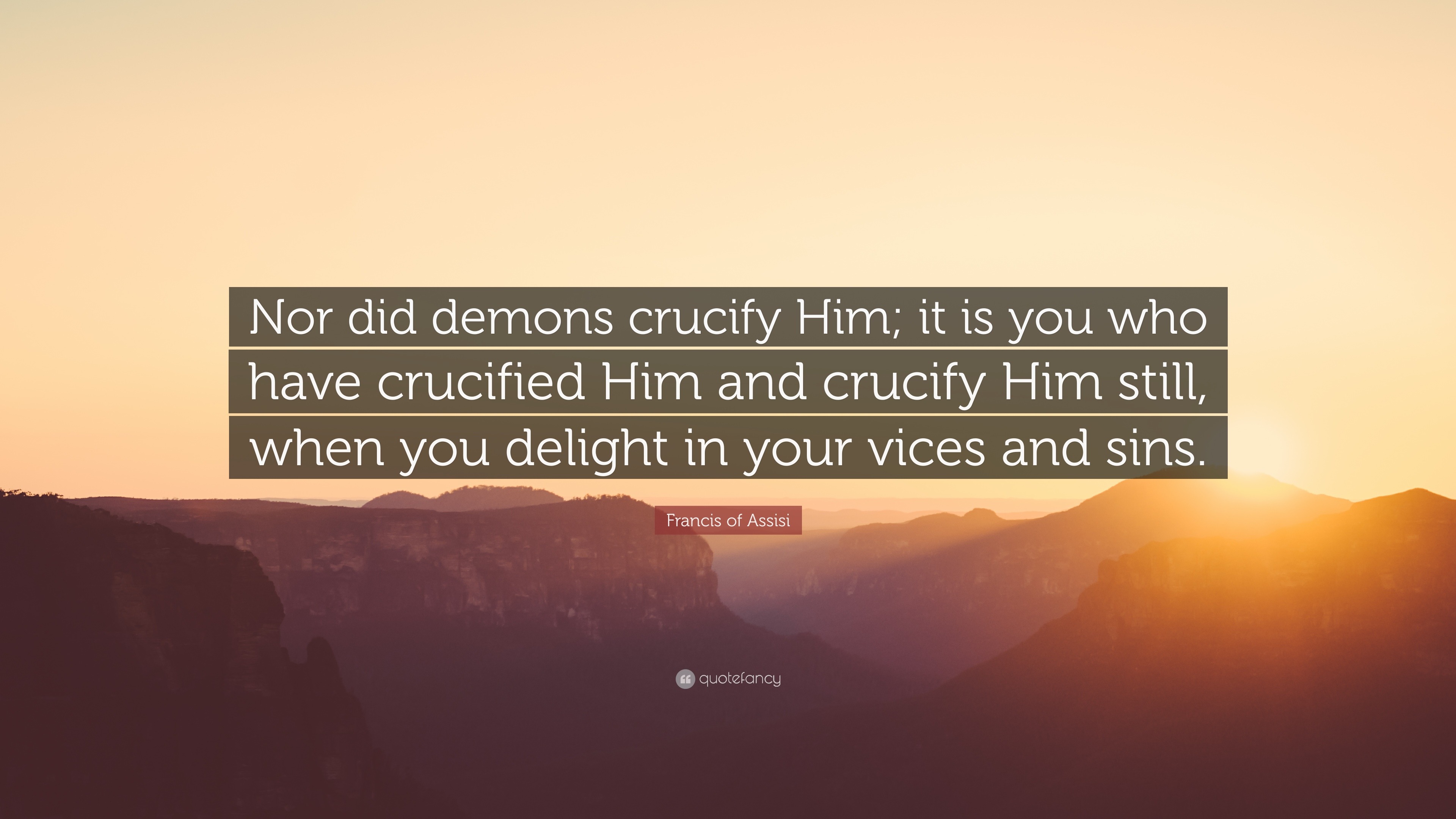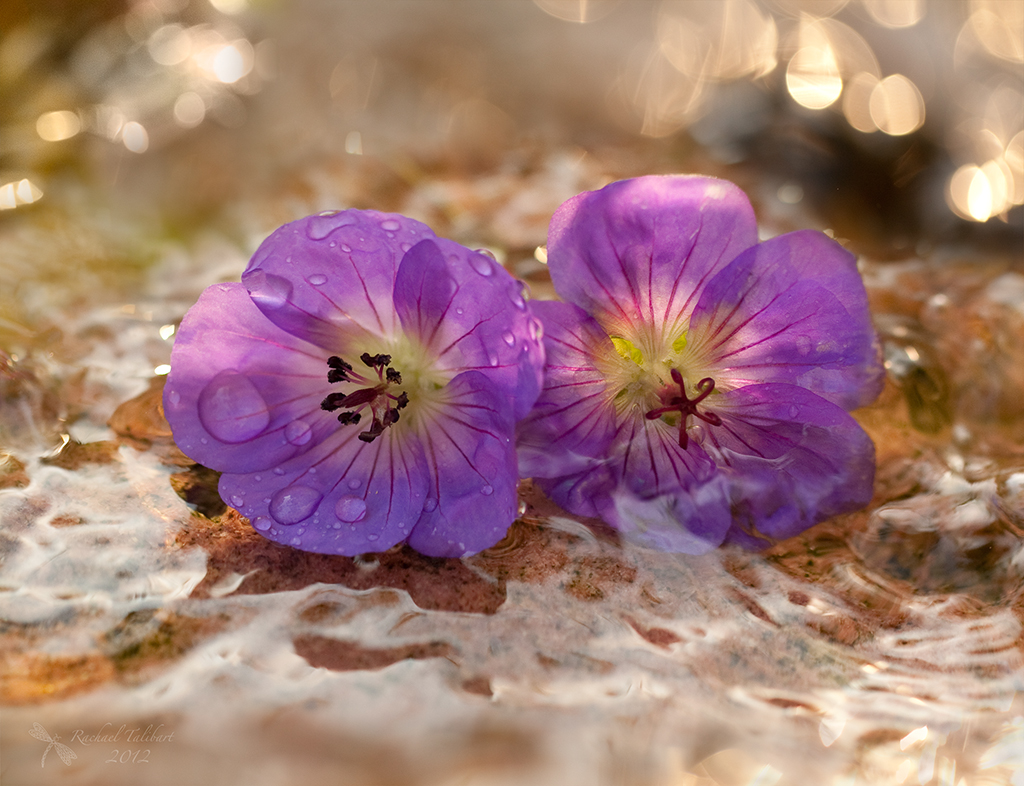I've never blogged for NEDAwareness, though this is something that's dear to me and something I post about on Instagram almost every year. Earlier this evening, though, I had the idea to write something for this week, though I wasn't sure what kind of post I'd write. Links to awareness websites and support resources? Personal experiences? For whatever reason, these didn't seem right for this time.
I settled on what we, people living our lives with this disorder, want you, those who are not and have not dealt with these particular struggles, to know about us and our illness.
While I know that some of my ideas are shared by others with eating disorders, I should specify that I didn't give this enough forethought to survey the community. Thus, I really should call this "what
I want you to know." I understand that I come from a privileged position in this discussion. I am white, I am female, I became ill as an adolescent, I usually fall on the normal-thinner side of average, and my illness was primarily restrictive. My voice is the voice that we often see from this community. My family had the resources to seek treatment for my disorder. We had insurance that helped pay treatment and medication costs. I lived in an area with several professionals to choose from. My story is SO not everyone's story. There are struggles that come with having this disorder in a different body, in a different socioeconomic status, in just different circumstances. My perspective is not final or representative of everyone's. I encourage you to read the stories of people with eating disorders whose stories do not often get heard. The
National Eating Disorders Association has a wonderful
Marginalized Voices project which presents the perspectives of those voices often overlooked in the walk towards awareness.
In pursuit of awareness surrounding eating disorders, my hope is to address some of the myths surrounding eating disorders and the people who struggle with them, as well as to possibly talk about some things that may not get talked about as much. Some of these deal with the disorder itself, some of them deal with recovery.
With all of that said, here's what we want you to know.
We're not all women.
We're not all white.
We're not all adolescents.
We're not all rich and spoiled.
We're not all thin.
We're not all straight.
We're not all cisgender.
Eating disorders can affect anyone, at any time.
It's not as simple as "just eat a burger!"
We're not just doing it "for attention" (in my experiences with people I've spoken to, sometimes the intention is just the opposite - to fade away and disappear).
You can't make us recover before we're ready. Pushing or forcing someone into recovery won't work. You might see a decrease in behaviors, but without the full commitment of the person, they're likely using different behaviors and hiding them from you.
Recovery is really hard.
Recovery is not just about weight restoration. This is really really important for those who have lost weight, but reaching a healthy weight is by no means the end.
People don't have to be losing weight to have an eating disorder.
People don't even have to want to lose weight to have an eating disorder.
Not all eating disorders are restrictive (like anorexia, which involves restricting food intake to certain amounts, food groups, times, etc).
Not all eating disorders involve purging (vomiting, laxatives, extreme exercise or fasting to overcompensate for eating, etc).
People with Binge Eating Disorder aren't just lazy, fat, slob, whatever else might be used to describe them. It's a real illness that needs to be treated by a qualified team of professionals.
Don't forget Other Specified Feeding or Eating Disorder (OSFED, formerly EDNOS). This is a diagnosis that might be used to describe individuals who use behaviors that cross diagnoses (ex. restricting along with binging in purging in cycles), or who experience all symptoms of anorexia but are not underweight or do not have amenorrhea. (
Read about it here) It might be complicated, but the main point is: it's not just anorexia and bulimia.
It's not about vanity. Most of us couldn't care less about what the world thinks of how we look. We're too concerned with like, having a mental illness.
Just because we think we're fat, doesn't mean we think you're fat.
Please don't belittle us or devalue our feelings and fears. You don't know what it's like to think of dinner and have a full-blown panic attack. You just don't know. This is an illness of the mind that alters normal responses to hunger, food, and fulness. Please respect our feelings and fears, and believe us.
This is SO
not about food. It's actually about a lot of other things - depression, stress, societal beauty standards, perfectionism, a hyper-controlled childhood, or a grocery list of other causes.
While eating disorders aren't caused by New York Fashion Week and Victoria's Secret models, a culture obsessed with thinness and dieting does contribute. We live in a culture that is constantly telling us that thin is best, that eating is a reward, that we work out to burn off calories, that we should be dieting and counting calories, that it's good for young people to participate in dieting programs. That thin and fit are more worthy of life and love. Terrible message. When people feel they are unloved, unworthy, undeserving, our culture gives them an easy fix - just lose weight and you'll be happy, you'll be lovable, you'll be loved, you'll be worthy. That's the trick. And that culture is a lie. Dismantling a culture defined by patriarchy, able-bodiedness, white supremacy, heteronormativity, and the like is crucial on the path of a systemic fight to prevent eating disorders.
These are addictions. Just like alcohol, just like cocaine. Some theories propose that people with restrictive eating disorders have an abnormality in the part of the brain that deals with hunger cues and rewards. Usually, humans experience hunger, feed ourselves, and the brain releases chemicals lifting our mood. For people with restrictive eating disorders, the opposite can happen - hunger itself can light up the brain's reward system. So rather than getting hangry, we might feel high. The same can happen after purging. Like an addict looks for the bottle or the drug to lift the mood after a hard day, someone with an eating disorder will look for the behavior that lowers stress and brings a high, whether it's fasting, purging, exercise, or another behavior.
Recovery doesn't happen overnight.
Just because someone is weight restored and behavior-free, that doesn't mean their mind is healed. And since this is an illness of the mind, a behavior-free but ill mind will in time revert to those old behaviors.
Some of our rules about food, fears about food, or practices surrounding food or our bodies might seem weird to you. If it's just "weird" and not dangerous, let it go. We'll work with our treatment team to achieve healing, and you just support us where we're at. Let us be weird while we're healing.
Don't yell, fuss, shame, scold, or the like if we use behaviors. It's not a disciplinary problem, it's a mental one. Instead, ask about what happened to cause the urges, and deal with that.
Talking about how gross vomiting or laxatives is won't stop us from using those behaviors.
Commenting on our weight loss or restrictive eating patterns with envy, cooing about how you "could never do that" is really . . . just don't do it. Don't be jealous of the weight loss. Don't envy the "self-control" people with restrictive eating disorders have. It's just not cool. Eating disorders are so not cool or enviable.
PLEASE don't comment on our body size or how we look. Not that we've gained or lost or "look healthy" - nothing. This can be quite triggering, and there's lots more cool stuff to talk about. "Wow, the weather, huh?!?" (The only exception I can think of is if you know someone in recovery from a restrictive or purging eating disorder who seems to be losing significant weight and isn't in treatment - then you might think about GENTLY voicing your concern.)
We might be real jerks sometimes. We're sorry. We don't want to be jerks and ruin our friendships. Often, we want to do everything except hurt you, and sometimes it seems that our eating disorder is the solution and the way to avoid hurting those we love. We might not really realize how we're hurting you. Or we might feel like this is the only choice we have to deal with whatever is going on in our lives. While I'm totally not encouraging anyone to get stuck in a codependent relationship with no boundaries, I do ask that you give us grace. Keep a distance if necessary, but try to realize that when the ED mind is in control, we're not ourselves and we're not thinking rationally. We're sorry for hurting you.
Please don't give up on us. Even if you're not sure you have hope that we'll ever recover, fake that hope for us. Tell us we can beat this. Remind us what you like about us (but don't lie, that's not cool, either). Tell us that things will get easier. Show us your hope, because we often feel like we have none.
~ ~ ~
If you have experienced an eating disorder, what would you add? What do you want people to know about your eating disorder or recovery?
Click here for more information about National Eating Disorders Awareness Week.









